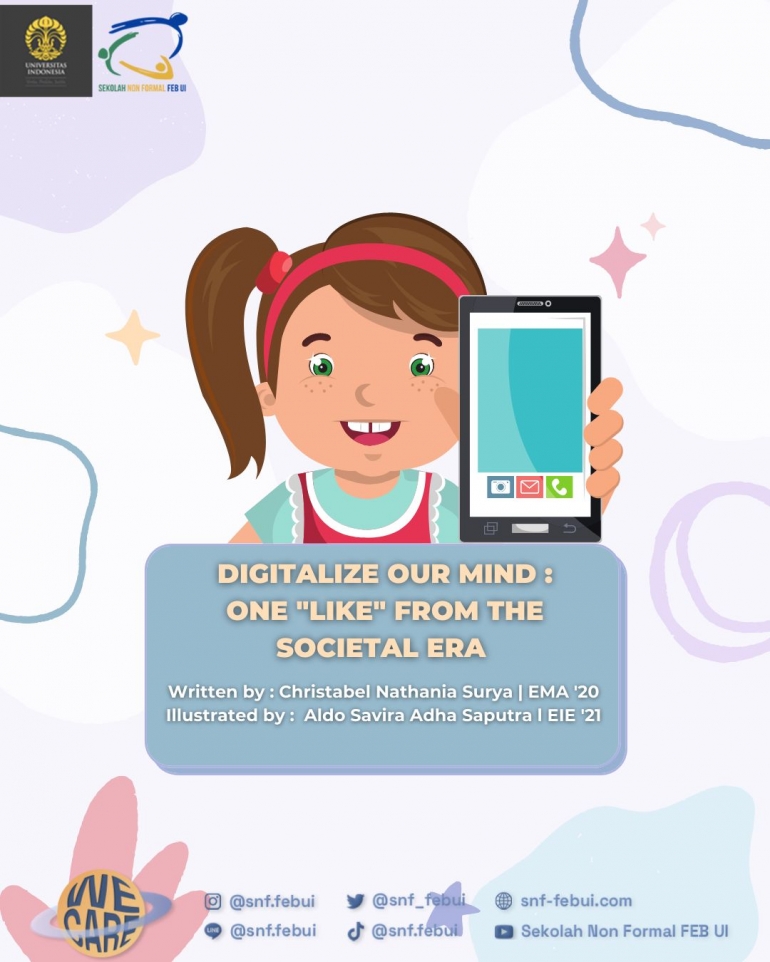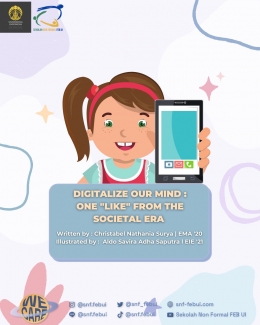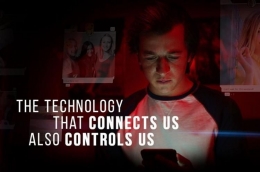When asked to share their experiences confidentially through a self-report questionnaire, seven out of ten children shared they had experienced something online that had upset them over the past year. Two out of five reported they had bad experiences they would not want to share or talk to anyone about. Across the study countries, teens reported being contacted online by strangers. Most had accepted friend requests, consistently accepting requests and messages from strangers that presented themselves as female. Requests from females were deemed safer than requests from males, at least by girls. However, for the most part, these meetings were agreeable, as they might have met someone their age who went to a school in their area or other peers. We asked children across the groups if, when they met a stranger they had first met online, they found it upsetting in any way. The most common response was that it turned out disappointing because people didn't look like their profile picture.
"Brilliant" Side of Social Media
In this fast-paced generation, you might agree on this thing: kids and the internet are inseparable. It doesn't matter if a child's not old enough to read, literacy is not an issue when it comes to using the internet. Research group Joan Ganz Cooney Center, an organization affiliated with Sesame Street, found that a quarter of young children under age six are surfing the Internet regularly, with many parents passing on their old smartphones for their kids to play with [6]. Aside from serving as trendy toys, modern gadgets are also, for some, serving as a babysitting device so that when kids are immersed in an online game, parents can proceed with other tasks. There also seems to be a new rite of passage as young children discover social media as a new tool to socialize, such as baby's first social media profile picture, baby's first status update, and baby's first "Like." This is because more and more kids are opening accounts on social networking sites. Research by Opinium revealed that 59% of kids below the age of 10 have joined social media [3], with some 52% signing up on Facebook (despite the Facebook entry threshold being 13). Kids on social media networks can be a scary scenario for parents. However, with proper guidance, the effects of modern gadgets on child development can also be largely beneficial. Some of the ways that social media platforms can be of benefit to kids are listed down below [10] :
1. Feeling Confident
Social media can help young children feel more comfortable about communicating and being around others. When they click "Like" or comment on a post, they gain confidence and become less shy. A Common Sense Media study showed that 29% of teens using social media felt that it helped them feel less shy, while 20% indicated that it can help them feel more confident [4].
2. Feeling Friendly
Social media can also help in boosting social interaction among kids. It's a more comfortable environment where children can initiate new relationships without feeling awkward and anxious.
3. Feeling Connected
Technology was made to connect people and strengthen relationships. Social media can help improve family relationships and be a shared interest among family members.
4. Feeling Smart
The Internet is a web of information, and social media is no exemption. A report by Globe and Mail indicated that social media is making kids smarter. Aside from improved social skills, social media can also help improve cognitive abilities, like problem-solving skills, comprehension, critical thinking, and memory [5].
Searching for "Way Out" of The Dilemma
Technology can be that tool to support doctors make those successful diagnoses for patients. It cannot be the all-encompassing tool to diagnose someone, but it can add to the doctor's tools for a successful practice. The same way families, educators, and practitioners can use technology, to support those children and families in which technology can be a window to explore the world. The question then is, how can we practitioners and researchers provide more opportunity spaces to bring positive use of tech and media use with families, educators, and children? While the different approaches varied, there are some recommendations for parents to start by implementing these three, research-backed rules [9]:
a. No devices in the bedroom after a certain time
b. No social media until (at least) high school
c. Create a collaborative screen-time budget with your kids and stick to it
These rules are simple enough that, ideally, they can be implemented without causing too much disruption. But, what more can we do? If your kids are old enough, it's not a bad idea to watch the film with them, moreover, you can pause the film and allow them to ask questions or to gauge their opinions on certain things. If your children do use social media, you must stay in the loop. Not only will this put you in the best position to keep your kids safe, but it also communicates to your child that they are a priority and that you care about what kinds of things are important to them. Other than those things, building a strong, trusting relationship with your child that emphasizes open and loving communication will ensure that you become their go-to person. Make sure that they know that they can come to you with absolutely any topic or concern, and that even if they're afraid they've done something wrong, you are always a safe person to talk to and that you will love them unconditionally. The last thing that is not less important is to teach your kids about media literacy as soon as you can, ideally before they even begin actively engaging with media and technology or before they teach it at school.
Companies can also take part to create an alternative solution, such as improving online safety. There are three steps that technology companies can take, quickly and easily, that will have a direct bearing on the safety of children online [2]:
1) Technology companies should make profiles private by default, with the option of making them public through settings.
2) The default option for new contacts is most commonly 'everyone'; this could be changed to for example, 'friends of friends.'
3) Social media apps can relatively easily be designed to block unsolicited photos sent by people outside contact lists.
Parents and companies are not the only parties who play a significant role in solving this issue. At the same time, the research finds that children in East Asia adopt the same strategies seen throughout the world to protect themselves online, which are keeping accounts, profiles private, and blocking unsolicited messages and images from strangers who make them feel uncomfortable. Karin Hulshof, Regional Director of UNICEF East Asia and Pacific, said that "Social media provides children with huge opportunities, but it also exposes them to risks and these risks are growing. Denying them access to social media is not the answer to protect children from risk and harm. We need to understand the risks children face online, how they use social media, how they perceive the risks they face, and what steps if any, they take to protect themselves. I am confident this report will contribute to shaping discussions and programming on child online protection in the region and to keeping children safe,"
From this statement, we can conclude that technology and social media are such powerful tools that have the potential to be both incredibly helpful and harmful. While taking in all of this information can certainly feel overwhelming at times, the more informed we are, the better positioned we are to keep ourselves and our families safe. The bottom line is that the impact of technology and social media doesn't depend on the technology itself, but how parents educate and inform their children about them, and set realistic parameters around their use.
References :
[1] McDonald, K. (2021). Retrieved 19 February 2022, from Individual Human Action Can Maximize the Benefits of Technology. Big Tech and Democracy, 118.









